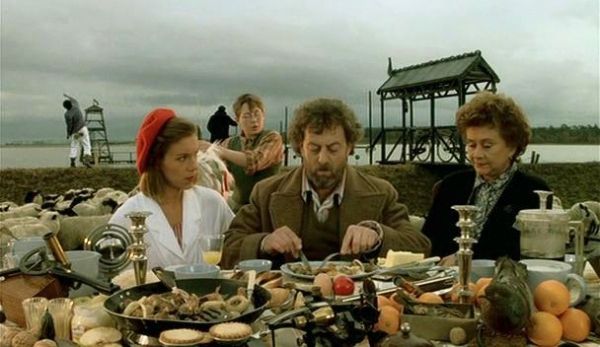The Real Source Of Harm

The Daily Stoic for February 24th. “The real source of harm”:
“Keep in mind that it isn’t the one who has it in for you and takes a swipe that harms you, but rather the harm comes from your own belief about the abuse. So when someone arouses your anger, know that it’s really your own opinion fueling it. Instead, make it your first response not to be carried away by such impressions, for with time and distance self-mastery is more easily achieved.”
—EPICTETUS, ENCHIRIDION, 20
Today’s stoic passage suggests us to avoid labeling situations as good or bad per se. That’s an interesting concept. Additionally, it ends up with this question:
“So why not choose now to not apply these labels? Why not choose not to react?”
As if not labeling something as good or bad, or not reacting at all, could affect the negative impact of a bad situation. I can’t really agree on that.
The Other Cheek
I was raised in a non-religious family. In fact, I am very proud of that. My mother loved to read and taught us to love reading. My father has always been a very critical person, and taught us to question everything we were told.
Thanks to that, my sister and I enjoyed a lot of freedom when it came to our beliefs. She married a catholic man and became a catholic. I grew up as an atheist from a very early age.
Hence, I never bought this “other cheek” Christian thing. I always thought that you need to react. Acting rightfully and being a good person is not at odds with defending yourself.
Precisely yesterday I was watching a film about an Amish guy and I thought about that. Even if you can learn to better accept and react to things, I don’t think Stoicism has the power to turn a bad situation into a good one.

The Real Source Of Harm
While I agree that it’s us who categorizes something as “good” or “bad”, I think the logic of today’s passage is flawed. Let me illustrate that with some quotes from the book:
When a billionaire loses $1 million in market fluctuation, it’s not the same as when you or I lose a million dollars.
Yes, obviously the extent of the damage is not the same, but it’s definitely not good news, none of us will probably enjoy loosing that million.
If someone sends you an angry email but you never see it, did it actually happen? In other words, these situations require our participation, context, and categorization in order to be “bad.”
Well… yes and, no. If we don’t receive the email, we won’t get angry. On the other hand, if we read it, we can choose to react in a positive way, not making a big issue of it, or not. But in both cases, that email is objectively a bad thing.
Even the fact that someone devoted time to write an email full of negativity, anger or even hate is objectively bad for that person.
Thus, I cannot really agree on today’s stoic either. Reacting to something in a positive way still doesn’t turn a bad situation into a good one. It just helps us to face it better.
Conclusion
Today’s Daily Stoic, “The real source of harm”, seems to suggest that situations are not bad or good per se. It’s us, the passage affirms, that labels them.
I cannot really agree with it. I think that, while going from white to black through a wide spectrum of gray shades, there are still situations that are objectively good or bad. In this article, I discuss how, in my view, Stoicism can however be a tool to helps us face those situations in the best possible way.




Comments ()